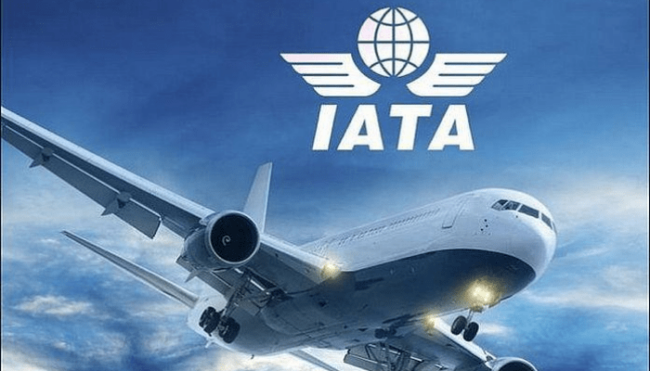

The International Air Transport Association (IATA) has predicted that an inventory of 38.7 million flights is expected to be available in 2024, representing 1.4 million flights below previous estimates in December 2023, largely attributable to the slowing pace of deliveries in the face of persistent supply chain issues in the aerospace sector.
This was contained in the IATA’s report presented at the ongoing 80th Annual General Meeting in Dubai.
According to the report, for example, the number of aircraft deliveries scheduled for 2024 is expected to be 1,583, which is 11% less than the expectations published just months ago that 1,777 aircraft would join the global fleet in 2024. Airlines are deploying larger aircraft as a mitigating strategy.

The report, though, described global Industry profitability as fragile and could be affected positively or negatively by many factors.
According to IATA’s outlook drivers, profitability is expected to strengthen in 2024 as revenues grow slightly faster than expenses (+9.7% vs. +9.4%, respectively). Operating profits are expected to reach $59.9 billion (+14.7% from $52.2 billion estimated for 2023).
Net profits, however, are expected to grow slightly more slowly at +11.3%, from $27.4 billion estimated for 2023 to $30.5 billion estimated for 2024.
Industry revenues are expected to reach a historic high of $996 billion in 2024, just as passenger revenues are expected to reach $744 billion in 2024, up 15.2% from $646 billion in 2023.
Equally, revenue passenger kilometres (RPKs) growth is expected to be 11.6% year over year. The long-term 20-year growth trend is expected to see passenger demand grow 3.8% annually for the 2023–2043 period.
When measured in constant 2018 dollars, the real average return airfare in 2024 is expected to be $252, significantly less than the $306 in 2019.
This continues the trend of ever-increasing affordability for air travel, even if the figures are somewhat skewed by shorter journey distances in 2024 due to the slower pace of recovery in some long-haul markets.
In line with this, IATA’s April 2024 polling data revealed that 77% of respondents agree that air travel is good value for money, with the average passenger load factor expected to be 82.5% in 2024, which is largely in line with pre-pandemic levels (82.6% in 2019) and reflects tight supply and demand conditions from ongoing supply chain issues for aircraft and engines.
The IATA’s April 2024 polling data aligned with expectations for continued strong performance in passenger markets.
According to IATA, on global economic developments: though airline prospects have historically been closely linked to global economic trends, nonetheless, the sector has been largely resilient in the face of inflation, high interest rates, and slowing GDP growth in the post-pandemic period.
The association, however, called for close monitoring of economic developments in China, predicting that slowing growth, youth unemployment, and the relative strength of the service sector over manufacturing are all indications that China’s economy is in transition, which could have broad impacts beyond its borders.
IATA also predicted that the operational impact of the Russia-Ukraine war and the Israel-Hamas war, though largely limited to the immediate vicinity of these conflicts, if allowed to escalate, may lead to a negative potential shift in the economic outlook.
On public policy, IATA also predicted that with more people going to the polls than in any other year, 2024 has the potential to significantly shift the global political landscape.
Although a greater political focus on business-friendly policies and strengthening economies would be welcome, a political shift away from global institutions, international trade, and policy paralysis from polarised politics would likely be detrimental.
Further, as airlines redouble their decarbonisation efforts, any slipping in the political determination to reach net zero carbon emissions by 2050 could risk the policy support that airlines need to achieve this important goal.
ALSO READ THESE TOP STORIES FROM NIGERIAN TRIBUNE








